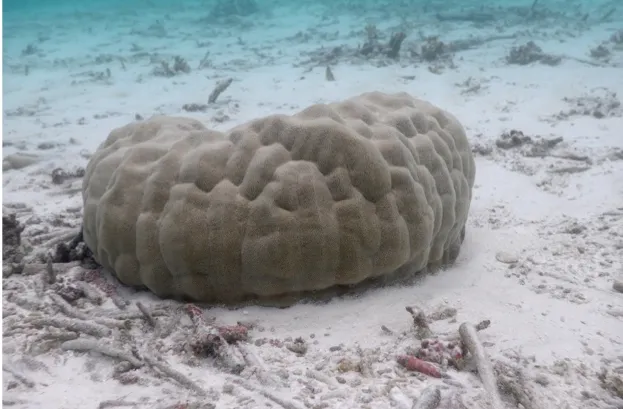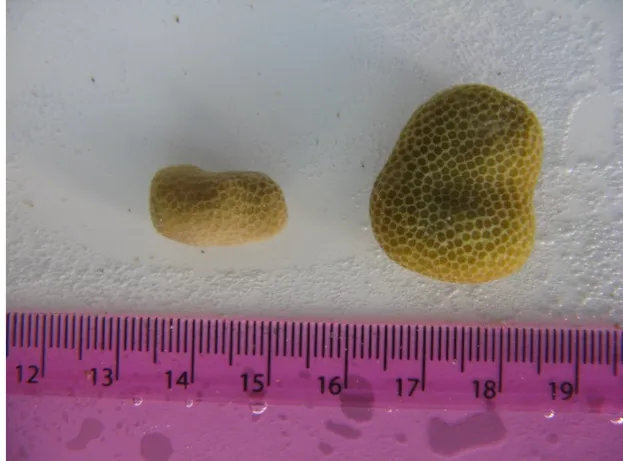Coralliths in the Maldives are creating stable environments for other reef species in unexpected locations, according to new research.
The stony corals are resilient to the force of waves and currents and can grow on pebbles or dead reefs.
Therefore, they act as a stable base that other species can attach themselves to.
“For years we assumed that coral reefs, and small patches of coral in sandy habitats, needed stable ground on which to build,” says lead author Dr Sebastian Hennige from the University of Edinburgh.
“Now we know that corals can engineer their own stable environment from nothing, and create habitats for all sorts of species in place that we thought were unsuitable for reef formation.”

During the fieldwork, coralliths were found in a number of locations where coral reefs would not normally be able to settle and survive.
The findings could mean that coralliths could be used to conserve coral reefs in habitats that are at risk.
"This discovery makes us question many things we have taken for granted in coral ecology, such as how some reefs formed in the first place, and whether coralliths may play a role in reef restoration following disasters,” says Dr Heidi Burdett of Heriot-Watt University.

Read the full paper in Scientific Reports
Main image: Coralliths can act as a base for other coral reef species to grow. © Sebastian Hennige
